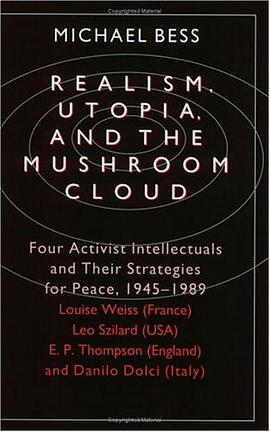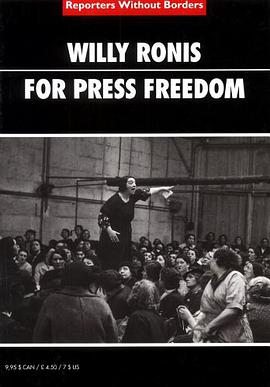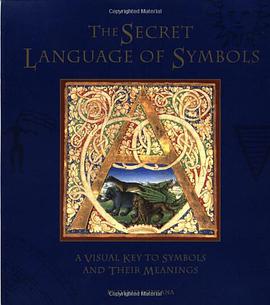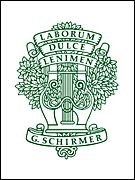

具体描述
How have the weapons of the nuclear age changed the rules of international politics? Can co-operation replace coercion as an instrument of security? This book compares the biographies of four dissident intellectuals who grappled with these questions throughout their careers - Louise Weiss, Leo Szilard, E.P. Thompson, and Danilo Dolci. Though they shared a revulsion for the "balance of terror," they possessed sharply divergent visions of a post-Cold War peace, from the Gandhi-like non-violence of Dolci to Szilard's relentless quest for US-Soviet joint diplomacy. Weiss, a French journalist and realpolitiker, believed that a united European military power would break the Cold War impasse; Szilard, a physicist and father of the atomic bomb, pressed for co-operative diplomacy between the superpowers; Thompson, a British historian, mobilized millions in the grassroots campaign for European Nuclear Disarmament; and Dolci, an Italian poet, experimented with conflict resolution through education and non-violence. By comparing the ideals, successes, and failures of these activists, this book illustrates the problematic boundary between "realism" and utopianism" in the nuclear age.
作者简介
目录信息
读后感
评分
评分
评分
评分
用户评价
相关图书
本站所有内容均为互联网搜索引擎提供的公开搜索信息,本站不存储任何数据与内容,任何内容与数据均与本站无关,如有需要请联系相关搜索引擎包括但不限于百度,google,bing,sogou 等
© 2025 book.wenda123.org All Rights Reserved. 图书目录大全 版权所有




















